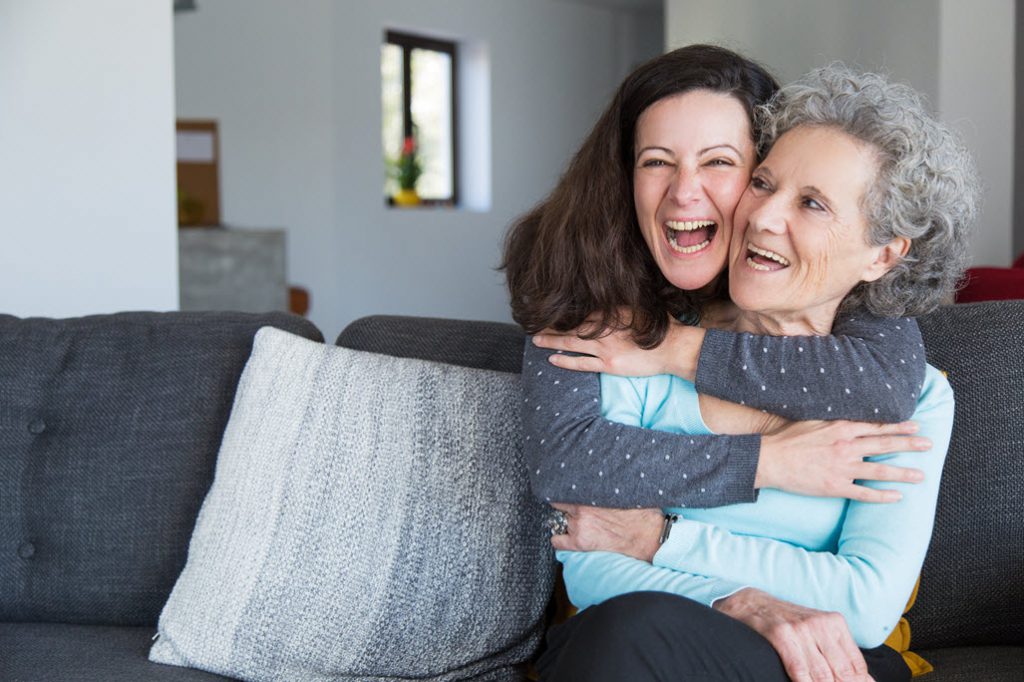Lifestyle

Many of the things you do daily are easier if you have a strong grip. Shaking hands, opening jars, going up and down stairs, or even pushing a pram.
How firm that grip is says more about you than you might realise. Besides showing physical strength, it also gives clues to your wellbeing – according to studies that explore the relationship between hand grip strength and brain health.
While these mainly focus on the growing older population, the results for wider age ranges indicate a similar link. One such study, published in the medical journal Schizophrenia Bulletin, used test data from almost 500,000 UK participants to confirm that connection between a strong grip and good brain health.
“When taking multiple factors into account such as age, gender and education … people who are stronger do indeed tend to have better functioning brains,” says lead author Dr Joseph Firth.
There is a growing awareness about mental health within the community and not just among specialist academics. For Matthew Squires, director of Physio Gym in Sydney, the link between grip strength and mental health is an opportunity. “You want to get to the heart of how people can exercise to remedy depression and anxiety and grip strength is an indication of physical functionality,” he says.
Squires says that “even among the fittest of people, changes in family roles and in work practices can affect their mental health and exercise profile.”
One of the best ways to build up grip strength is to work on your overall physical strength. “Doing a series of resistance exercises will set you in the right direction,” says Squires.
“There are simple things you can do at home, on your own, every day, with a mat.” He refers to lifting weights, medicine balls, doing sit-to-stands, push-ups or sit-ups against the wall. He also mentions stretching with resistance bands (available in sports shops).
In gymnasiums where physios are on site, structured programs are integral. While the gym has videos, exercise software and teleconferencing capability on-hand, you can also seek individual physiotherapists who can structure a home-based program for you. This allows you to maximise your overall strength.
“Physiotherapy is not just about pain management, but also about managing movement and function,” Squires says.
It is important to monitor the exercises and measure the results. Keep a diary and work within what is a “slow progressive process, training the body how to do the exercise and how to recover,” he says.
It goes without saying that meeting physical goals can bolster your emotional wellbeing as well.
And a study at the University of Sydney shows that increasing muscle strength can improve brain function.
Some of the health benefits that can be achieved through resistance training include:
These positive findings further convince Squires that there is far more to learn about this relatively new field. The power of resistance exercises has “not been explored anywhere near enough” for mental health, he believes.
Before beginning physical strength training, seek medical assistance and advice from your GP or physiotherapist.